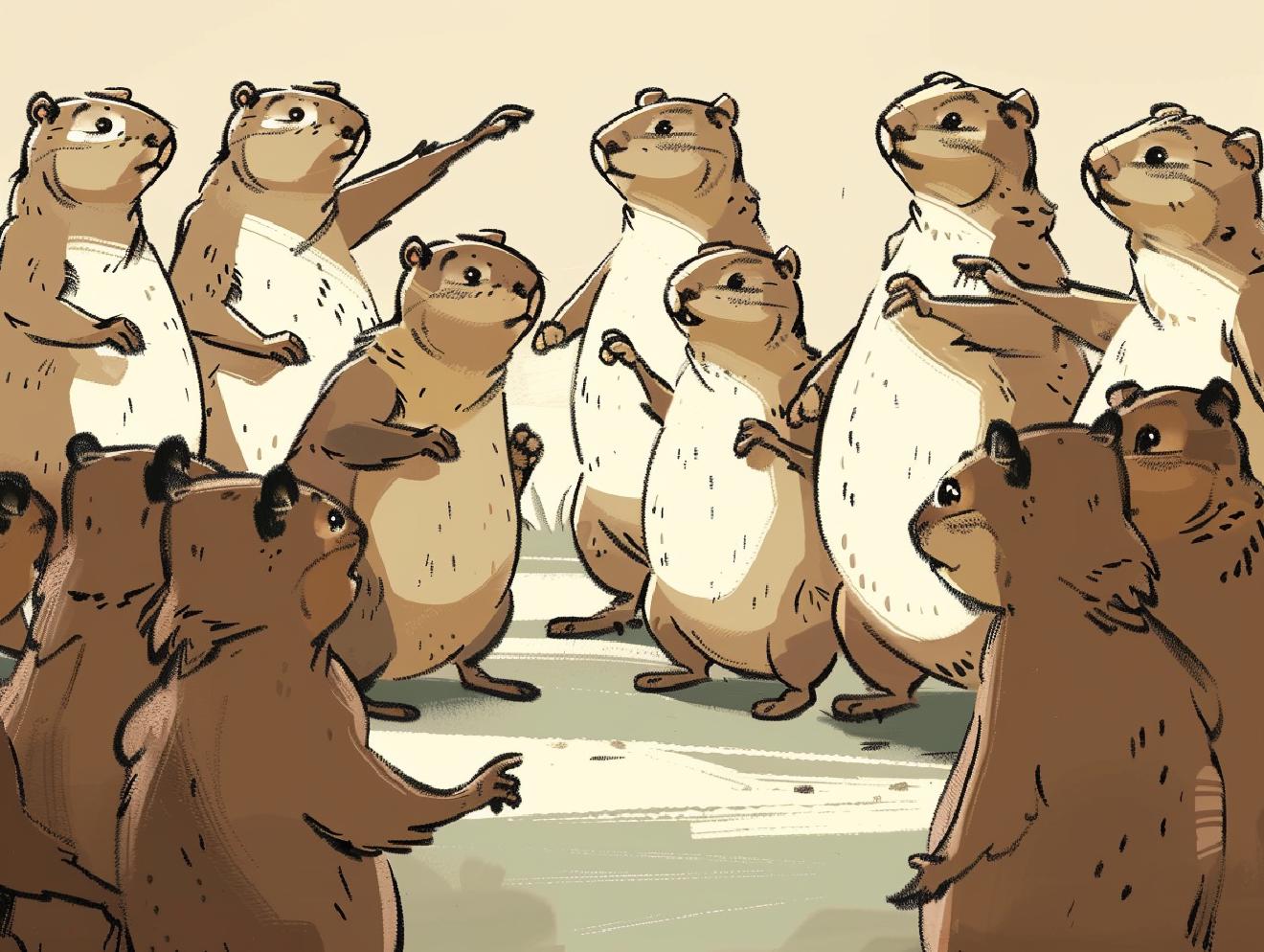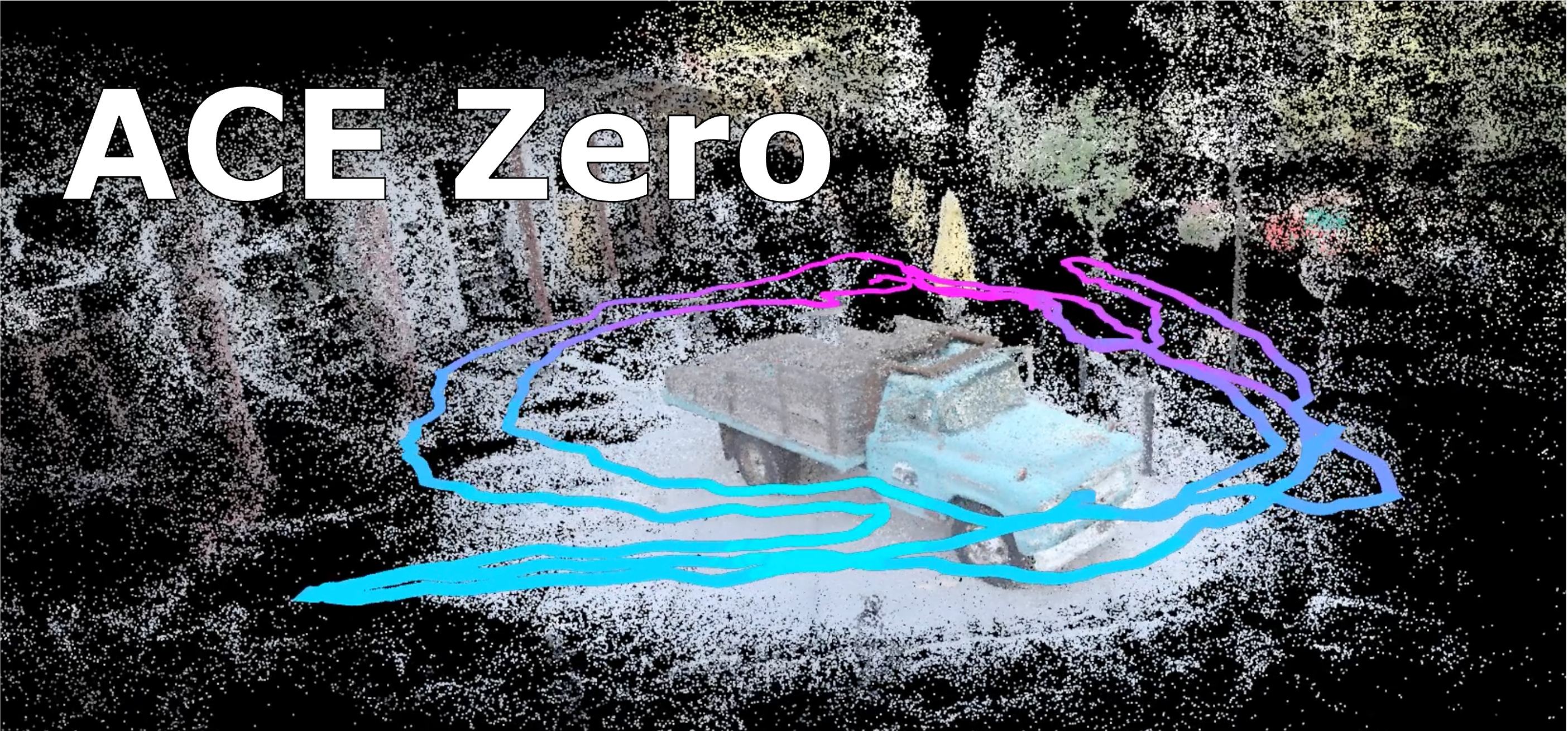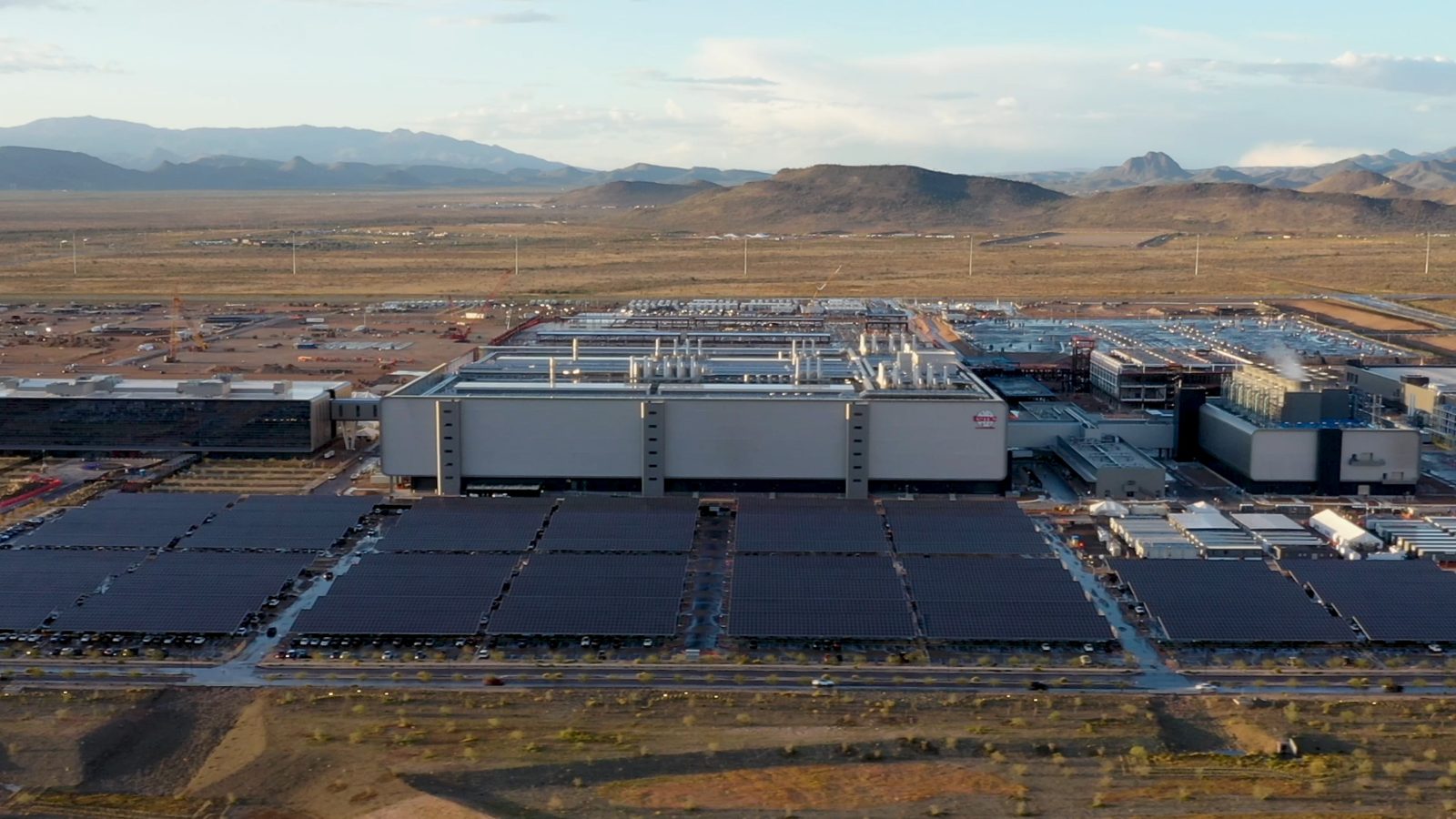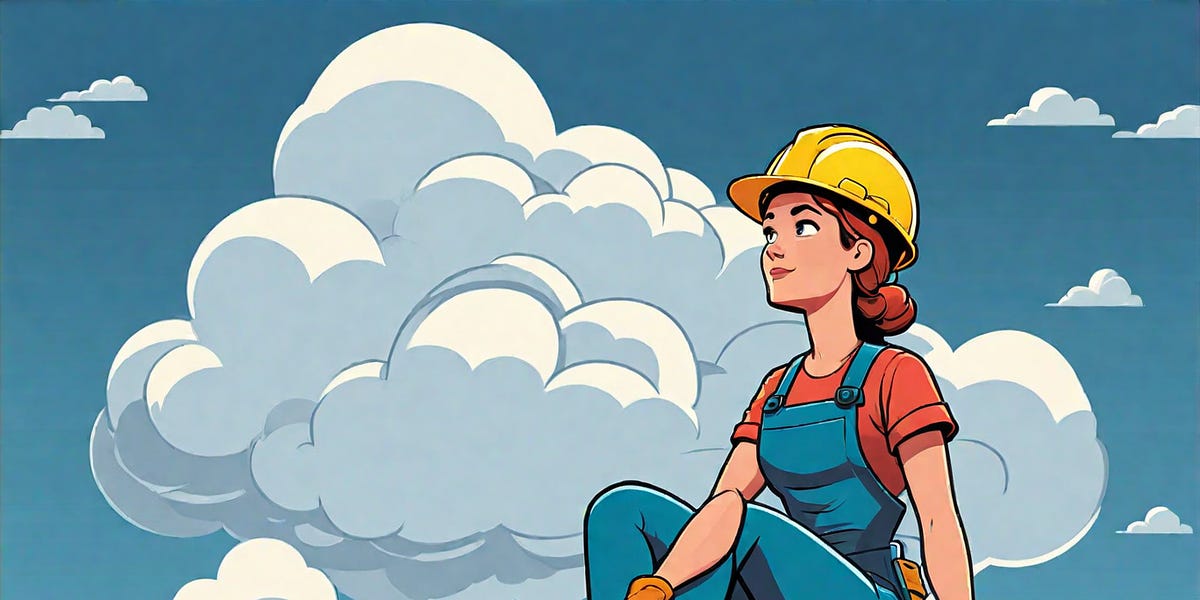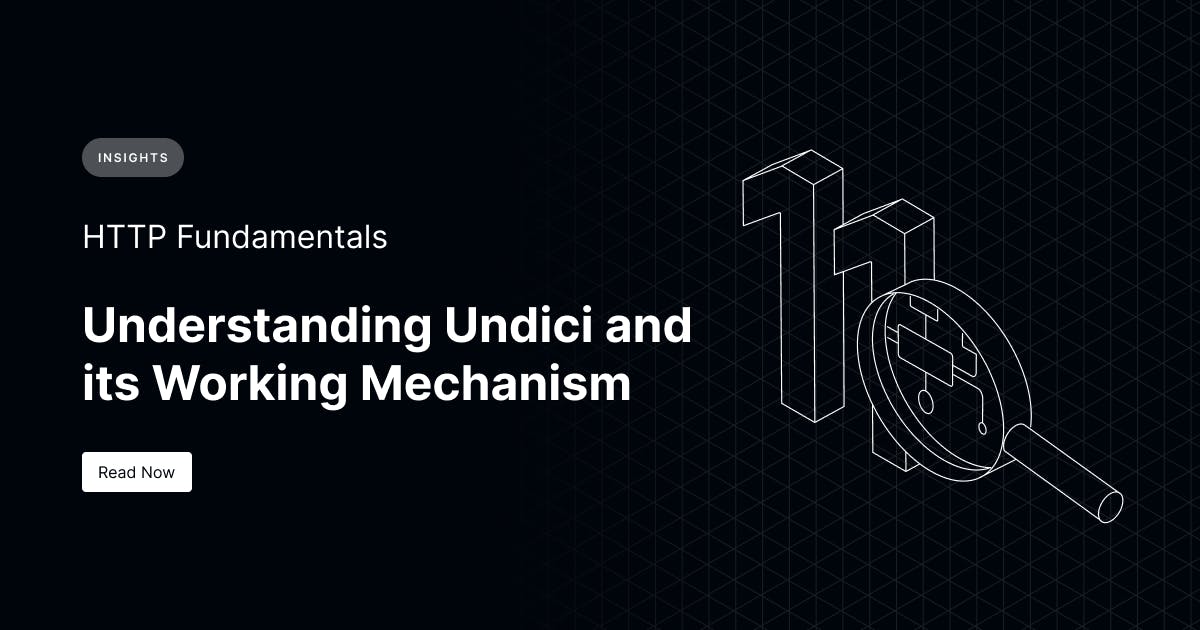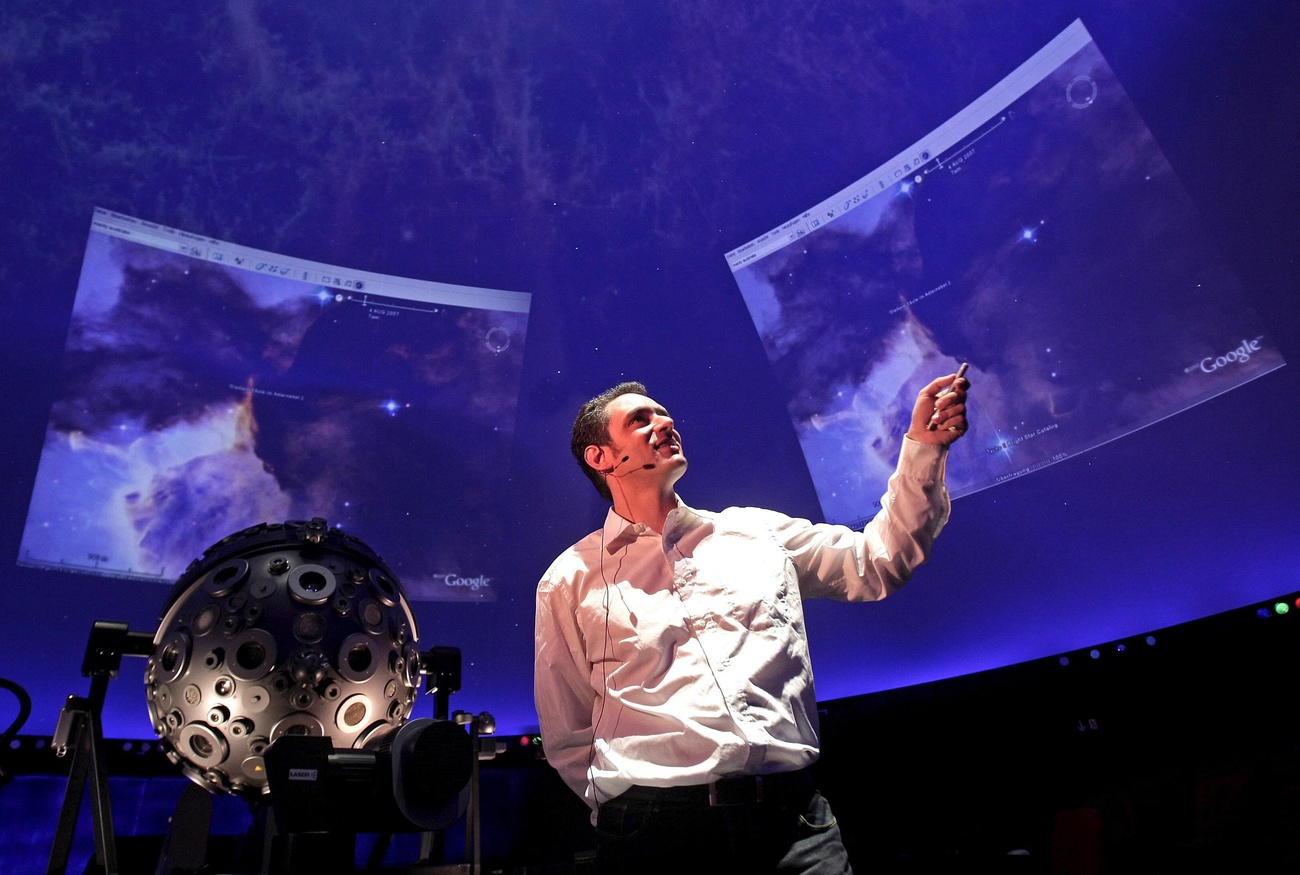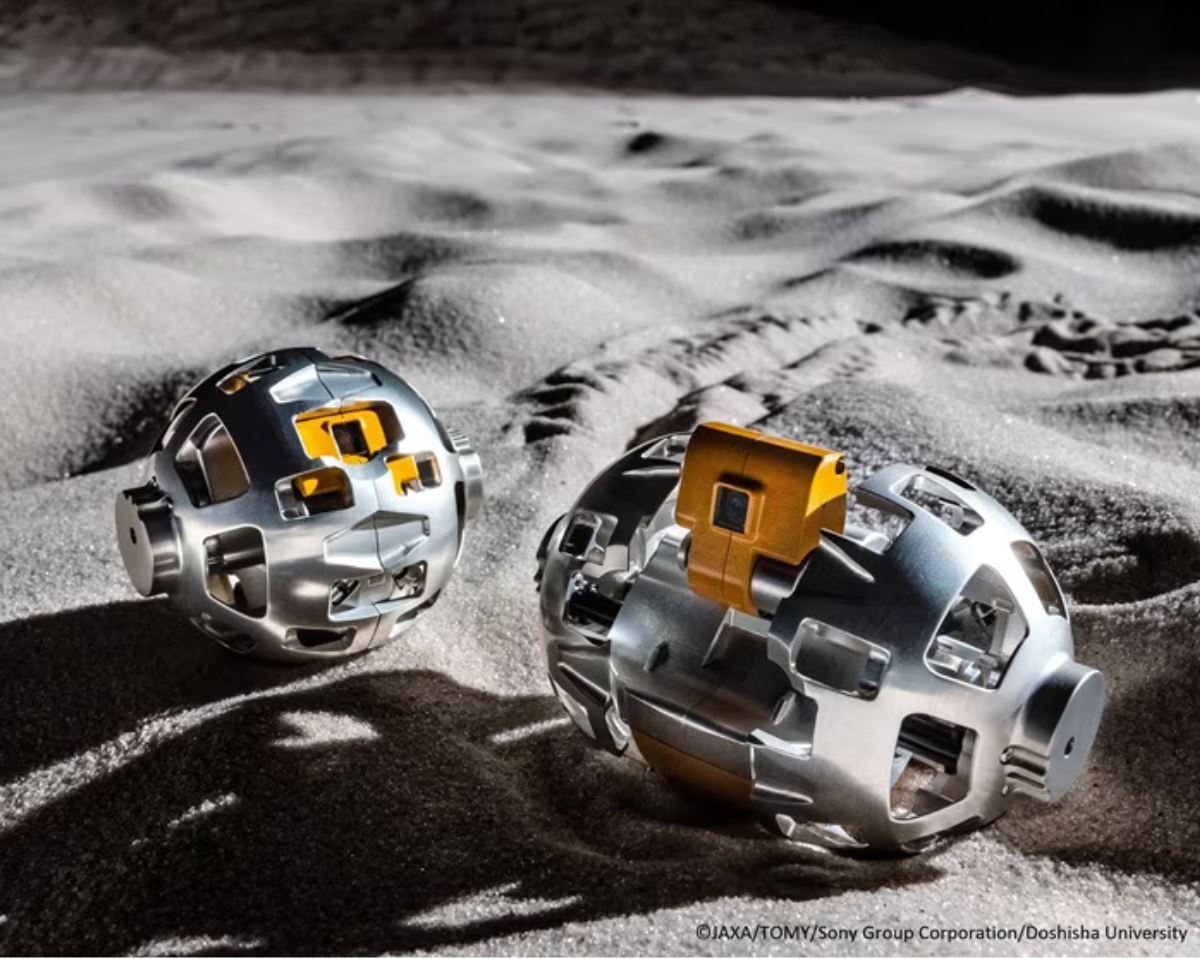
Whence, Wherefore, Whither Utopia?
What does the word “utopia” mean to the battle-scarred denizens of the twenty-first century? A shockingly unscientific survey of the nine or ten people I buttonholed last week suggests that the key connotations of the word are: ideal, perfect, imaginary, unrealistic, and unattainable. I’ve arranged these terms purposefully in that order, so that they imply not a static and fixed definition but rather a narrative arc, a falling away from hope into disappointment: all of the people I spoke to (students and colleagues at the large Southern state-flagship university where I teach, so a fair cross-section of ages, races, ethnicities, and genders) firmly believed that the word “utopia” denotes an unrealistic or quixotic goal. It’s not my thesis here that disappointment is the necessary fate of any utopian project, but it might be a provisional thesis that most people living in Western cultures today think that it is.
As a Victorian literature scholar, I’m a little surprised at how pejoratively the word “utopian” is used today. Because I immerse myself in another historical period for my research and teaching, I am forced to move back and forth, somewhat vertiginously, between the Olden Times I study and the present moment; just like H. G. Wells’s Time Traveller, I sometimes find it takes a few moments to blink away the “veil of confusion” occasioned by my most recent trip home from the nineteenth century. For the Victorians the word “utopian” did not carry the negative connotations of impossibility, naïveté, and dunderheadedness that it does for us now—the writers and thinkers who used that word were for the most part engaged in actual utopian projects, whether literal or literary (or both).[1]
